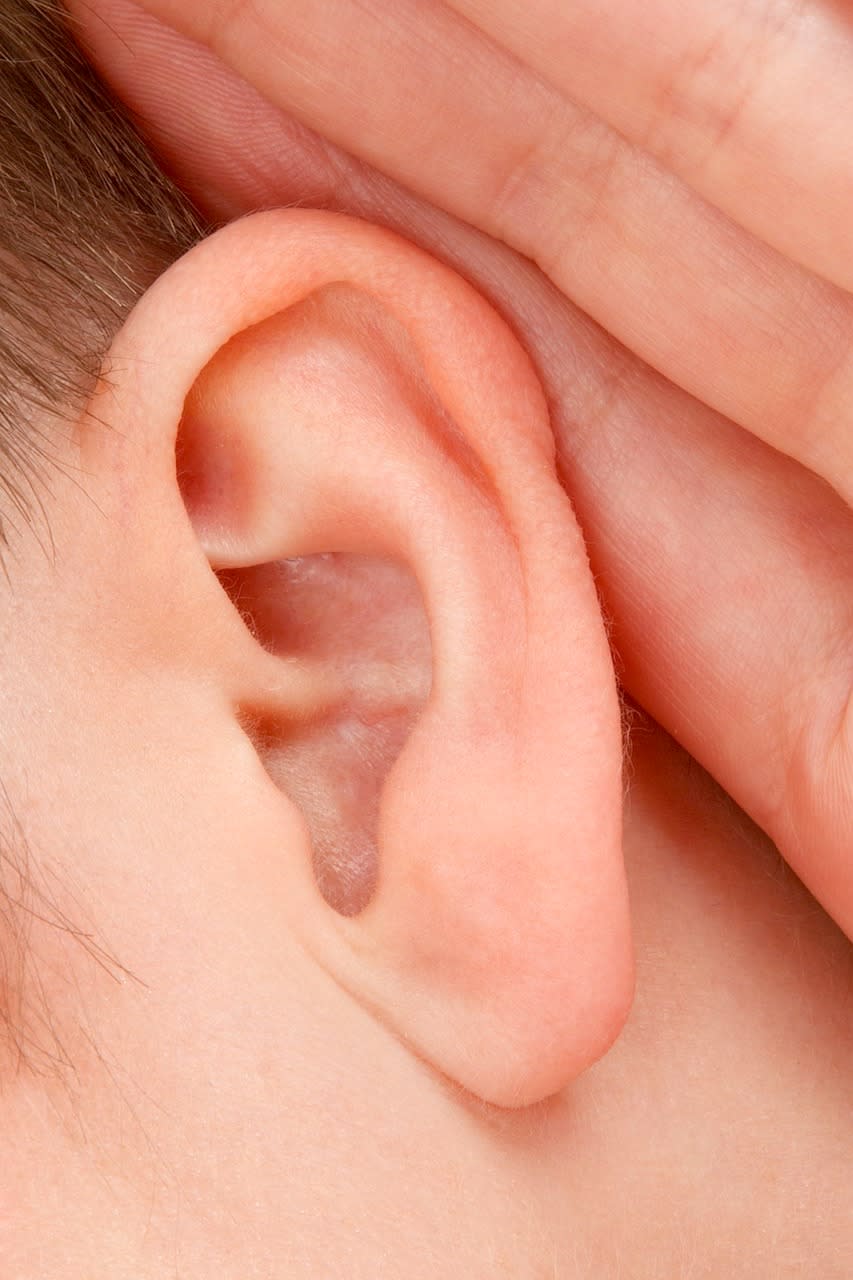How can hearing loss be prevented?

Hearing loss is a common ailment affecting millions of people, particularly older adults, worldwide. In Singapore, an estimated 422,000 older adults suffer from hearing loss, according to a study in the “Annals” journal of the Academy of Medicine Singapore.
You can suffer from hearing loss because of a problem in the outer ear, middle ear or inner ear. Your hearing loss may be gradual or sudden and can affect one or both ears. It can be caused by a variety of factors such as:
Ageing
Heredity
Excessive exposure to loud sounds/noise
Injury to the ear or head
Sudden changes in air pressure
Build-up of fluid in the ear
Wax blocking the ear canal
Viral/bacterial infections (e.g. mumps, measles and influenza)
Acoustic neuroma (a tumour of the vestibular nerve, which lies near the auditory nerve)
Certain medications (e.g. antibiotics such as aminoglycosides, diuretics, cancer drugs, anti-malaria drugs)
Common symptoms of hearing loss
You may be suffering from hearing loss if you have to turn up the volume on your TV and other devices; you find yourself asking others to speak louder, and find it particularly difficult to hold a conversation in a noisy environment; you start speaking louder than normal; you suffer from tinnitus (ringing in the ears).

Diagnosing and treating hearing loss
If you suspect you have hearing loss, consult an ENT specialist who will perform a thorough examination of your ear and carry out a hearing test (audiogram). Imaging tests such as a CT scan or MRI may be required to diagnose the type of hearing loss.
Treatment will depend on the cause and severity of your problem. For temporary hearing loss due to the build-up of earwax, a simple procedure to remove the blockage can restore your hearing. However, in more severe cases of fluid build-up, you may require tubes to be inserted into your ear to drain the fluid.
If your hearing loss is caused by problems in your inner ear, your doctor may prescribe a hearing aid to amplify sound, and in more severe cases, a cochlear implant to help stimulate your auditory nerve.
Hearing loss and dementia
Hearing loss in older adults has been associated with feelings of social isolation, which can lead to depression and cognitive impairment. A study by the National University of Singapore and Ng Teng Fong General Hospital found that older Singaporeans with hearing loss were 2.3 times more likely to develop mild cognitive impairment or dementia.
Related:


